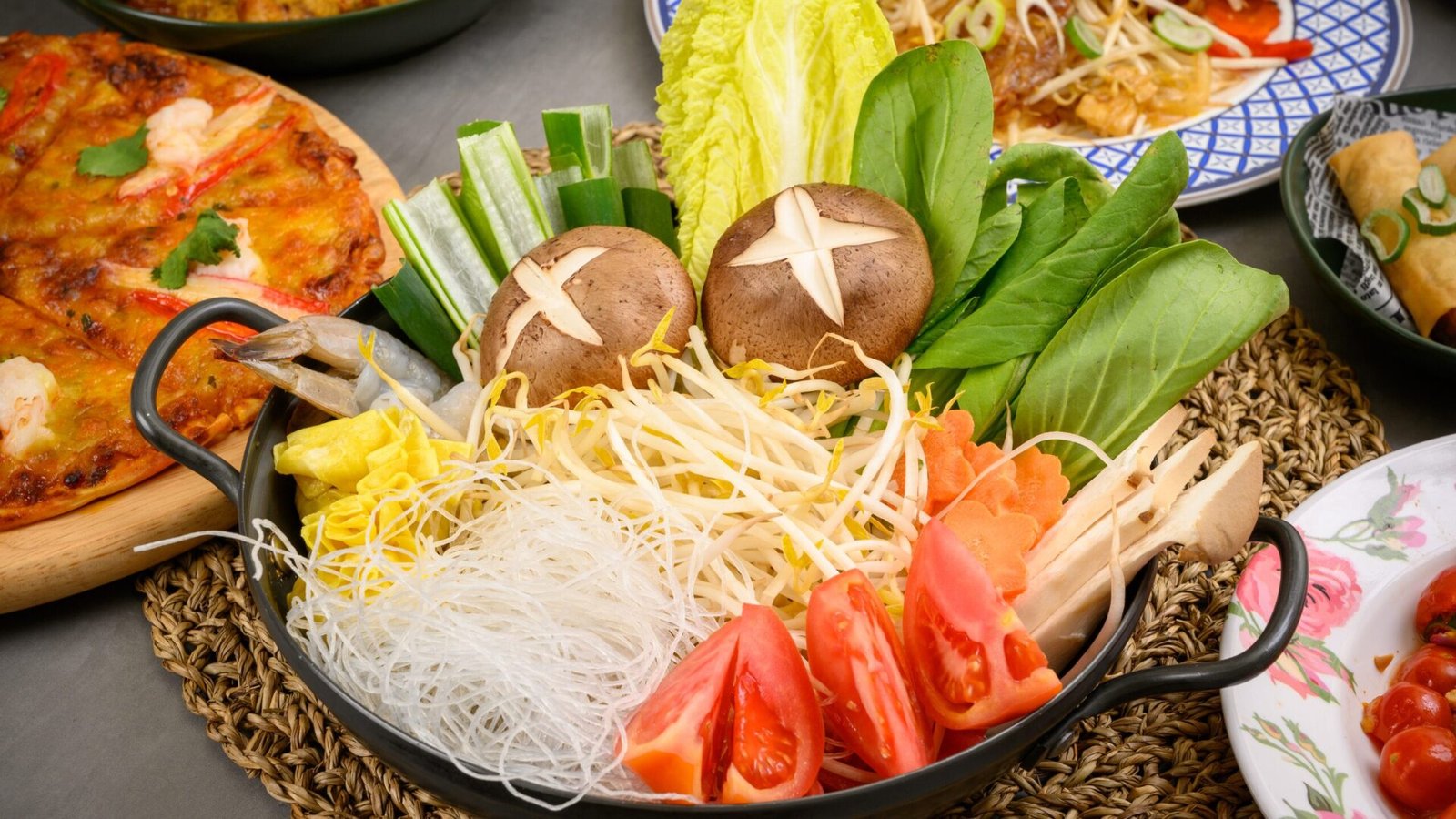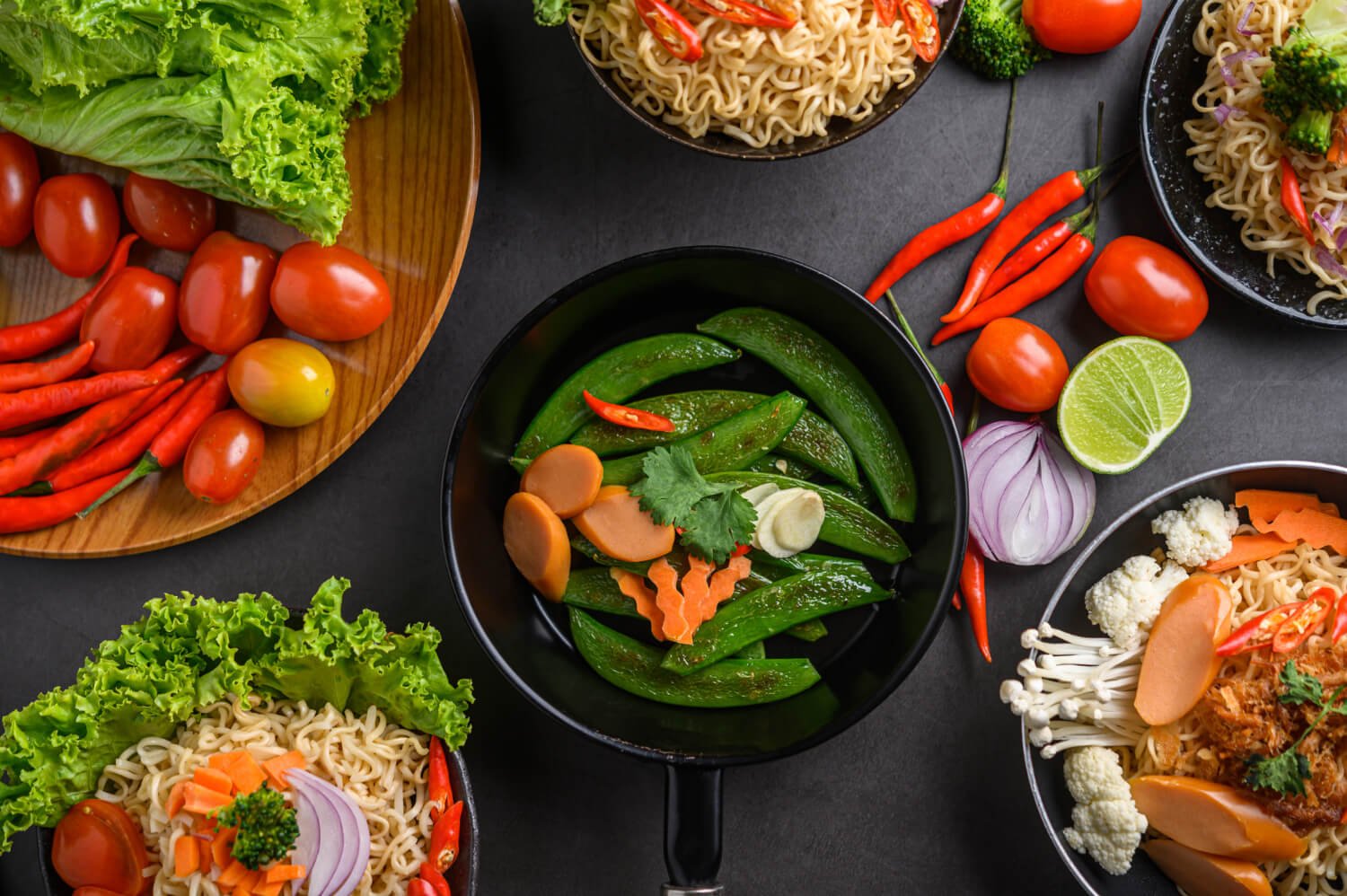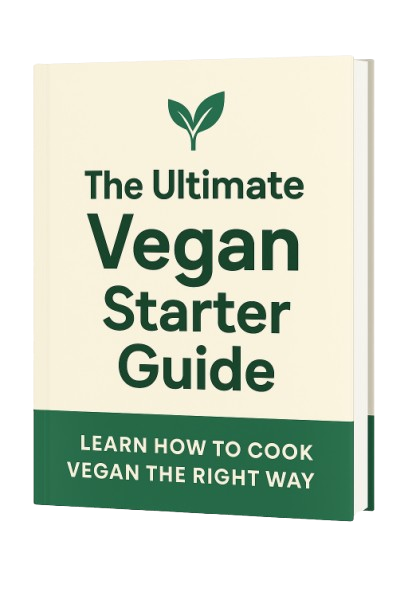
Mastering Vegan Cooking Techniques: Sautéing, Steaming, Roasting & More
Whether you’re a new vegan or a seasoned plant-based foodie, mastering vegan cooking techniques will take your
🍪 We use cookies to improve your experience and to show relevant ads. By continuing, you agree to our Privacy Policy.


Master essential vegan cooking techniques to level up your plant-based meals. From sautéing and roasting to steaming and baking, discover foolproof methods that enhance flavor, texture, and nutrition — even if you're just getting started. 🌿
Cooking plant-based meals doesn’t have to feel overwhelming. With just a few essential vegan cooking techniques in your toolkit, you can turn simple ingredients into flavorful, nutrient-rich dishes. Whether you're a beginner or an experienced vegan home chef, learning how to sauté, steam, roast, or blanch can take your meals from basic to brilliant. 🌟
Sautéing is perfect for cooking vegetables quickly while preserving texture and flavor. Use heart-healthy oils like avocado or olive oil, or go oil-free by cooking with vegetable broth.
Steaming is ideal for leafy greens, broccoli, and carrots. It helps retain nutrients and is great for health-conscious cooking. Add citrus slices or herbs to infuse extra flavor.
Roasting brings out the sweetness in root vegetables like carrots, sweet potatoes, and parsnips. Use spices or marinades before baking to boost flavor complexity.
Oil-free doesn’t mean flavor-free! Try steaming, baking, or water-sautéing to cut back on fats while keeping dishes vibrant. These techniques are especially useful for whole-food, plant-based diets or for anyone seeking lighter meals.
Blanching is great for prepping vegetables or making them easier to digest. Stir-frying uses high heat and quick cooking — perfect for Asian-inspired dishes. And baking opens up a world of possibilities from crispy tofu to hearty casseroles.
| Technique | Best For | Tools Needed |
|---|---|---|
| Sautéing | Quick veggie dishes | Pan, oil or broth |
| Steaming | Greens, broccoli, carrots | Steamer basket or pot |
| Roasting | Root vegetables | Oven, baking tray |
| Blanching | Prepping, freezing, salads | Pot, slotted spoon |
| Stir-frying | Quick Asian-style meals | Wok or sauté pan |
Practicing plant-based cooking techniques makes meal prep easier, tastier, and more fun. At VeganVus, we believe that the right technique turns every dish into an opportunity for creativity, nutrition, and joy.

Whether you’re a new vegan or a seasoned plant-based foodie, mastering vegan cooking techniques will take your

What Is Vegan Cooking? 🌿 Vegan cooking is the art of preparing meals that are
Here are some of the most common questions our readers ask about vegan cooking methods.

Get your copy of The Ultimate Vegan Starter Guide and begin your plant-based journey today.